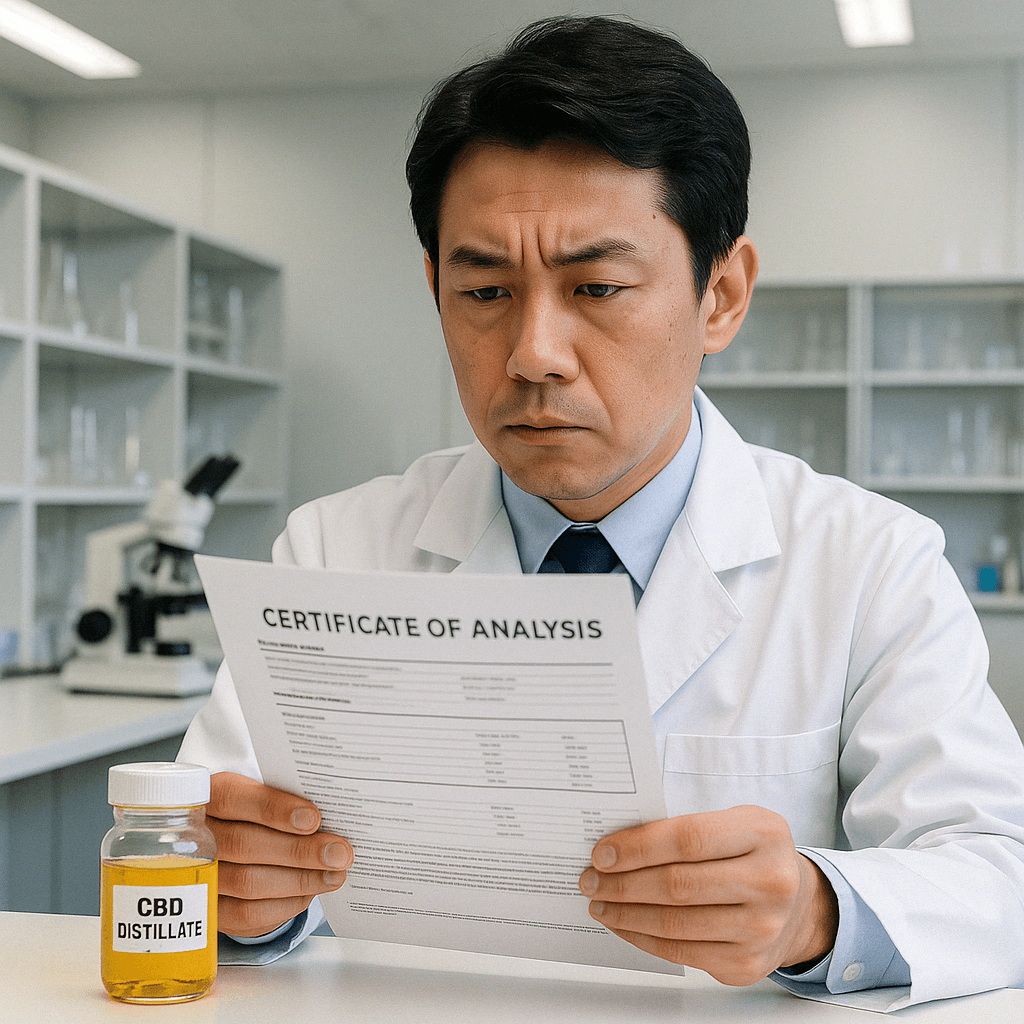Coast 2 Coast Consulting
Breaking Into Japan’s Cannabis Market: Why Regulatory Approval Is Your First Hurdle
Written by C2C

Expanding into Japan’s cannabis and hemp market is a lucrative opportunity — but only for those who understand the critical importance of regulatory compliance. Before any cannabinoid product can hit the shelves, it must pass through a meticulous approval process designed to protect consumers and uphold the country's strict legal standards.
At the heart of this process is the requirement for a compliant Certificate of Analysis (COA). This document verifies that a product meets Japan’s strict specifications, particularly regarding THC content and overall safety. Even a slight deviation can spell disaster for a brand’s expansion plans.
The approval journey is rarely quick. Lengthy reviews, documentation requirements, and laboratory verifications can delay product launches and revenue generation. Companies must account for these timelines when building their market-entry strategies — rushing or skipping steps can lead to costly mistakes.
Failing to secure the necessary approvals doesn't just delay your business plans; it can bar your products from sale entirely, leading to lost investments, legal issues, and permanent damage to your brand’s reputation. In a market like Japan, where regulatory enforcement is strict and consumer trust is paramount, there is little room for error.
Companies that cut corners or misrepresent their products face immediate and often irreversible backlash. In a country that values precision, safety, and integrity, full regulatory compliance isn't just a box to check — it’s the foundation for long-term success.
Bottom line: If you’re serious about entering the Japanese cannabinoid market, prioritize your approval strategy from day one. It could mean the difference between establishing a trusted brand presence — or being shut out before you even begin.
